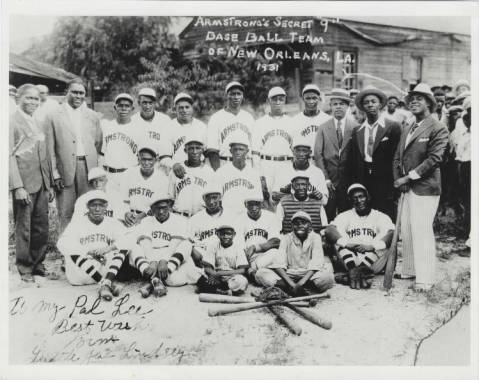I often say that, if you want to vastly overestimate your own capabilities, you need only do one of two things: (a) get coked out of your mind, or (b) get behind the wheel of a car. But what if the problem runs deeper in humanity than that? Indeed, what if our inability to perceive our own incompetence exactly matches the degree of the incompetence itself? Now, none of us can do everything well, but we’ve all met people who, even well outside of the contexts of drugs or driving, simply cannot grasp the full extent of how much they can’t do well. “The problem with people like this is that they are so stupid,” explains Monty Python’s John Cleese in the clip above, “they have no idea how stupid they are.”
“In order to know how good you are at something requires exactly the same skills as it does to be good at that thing in the first place,” Cleese elaborates, “which means — and this is terribly funny — that if you are absolutely no good at something at all, then you lack exactly the skills you need to know that you are absolutely no good at it.” With that, he gives us an extremely brief introduction to the Dunning–Kruger effect, “a cognitive bias wherein unskilled individuals suffer from illusory superiority, mistakenly rating their ability much higher than is accurate” owing to “a metacognitive inability of the unskilled to recognize their ineptitude” (and, by the same token, of “highly skilled individuals to underestimate their relative competence, erroneously assuming that tasks which are easy for them are also easy for others”).
The effect takes its name from Cornell University researchers Justin Kruger and David Dunning, the latter of whom Cleese, who has spent time at Cornell as a long-term visiting professor (where he has, among other projects, taken part in a talk about creativity, group dynamics and celebrity), counts as a friend. He originally invoked Dunning and Kruger’s “wonderful bit of research” in the video “John Cleese Considers Your Futile Comments,” where he talks back to YouTube commenters on Monty Python videos — in this case, those who mentioned the names of certain political commentators beneath the 1970 sketch “Upperclass Twit of the Year.” “This explains not just Hollywood,” Cleese concludes, “but almost the entirety of Fox News.”
Those of you interested in both cognitive phenomena and conservative American political figures will surely have seen Gates of Heaven and A Brief History of Time documentarian Errol Morris’ most recent film The Unknown Known, a long-form conversation with former U.S. Secretary of Defense Donald Rumsfeld. In the years before its release, Morris wrote a five-part series for the New York Times called “The Anosognosic’s Dilemma,” fueled not just by his fascination with Rumsfeld but with his near-obsession over the Dunning-Kruger effect. In it, he actually interviews Dunning himself, who summarizes the issue thus: “We’re not very good at knowing what we don’t know.”
Dunning even brings up the subject of Rumsfeld first, specifically about his speech on “unknown unknowns” that gave Morris’ movie its title. It goes something like this: ‘There are things we know we know about terrorism. There are things we know we don’t know. And there are things that are unknown unknowns. We don’t know that we don’t know.’ He got a lot of grief for that. And I thought, ‘That’s the smartest and most modest thing I’ve heard in a year.’ ” When Morris followed up, Dunning added that “the notion of unknown unknowns really does resonate with me, and perhaps the idea would resonate with other people if they knew that it originally came from the world of design and engineering rather than Rumsfeld.” Or maybe they could associate it with the Ministry of Silly Walks instead.
If you would like to sign up for Open Culture’s free email newsletter, please find it here. It’s a great way to see our new posts, all bundled in one email, each day.
If you would like to support the mission of Open Culture, consider making a donation to our site. It’s hard to rely 100% on ads, and your contributions will help us continue providing the best free cultural and educational materials to learners everywhere. You can contribute through PayPal, Patreon, and Venmo (@openculture). Thanks!
Related Content:
1,700 Free Online Courses from Top UniversitiesJohn Cleese Explains the Brain — and the Pleasures of DirecTV
John Cleese’s Philosophy of Creativity: Creating Oases for Childlike Play
Why You Do Your Best Thinking In The Shower: Creativity & the “Incubation Period”
Jorge Luis Borges: “Soccer is Popular Because Stupidity is Popular”
Colin Marshall hosts and produces Notebook on Cities and Culture and writes essays on cities, language, Asia, and men’s style. He’s at work on a book about Los Angeles, A Los Angeles Primer. Follow him on Twitter at @colinmarshall or on Facebook.




